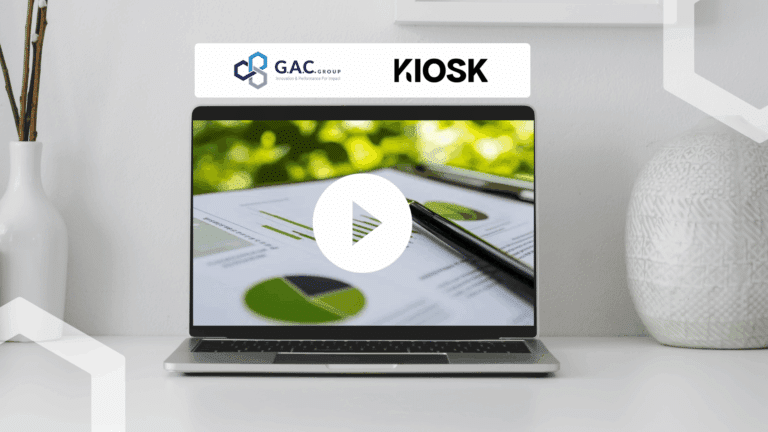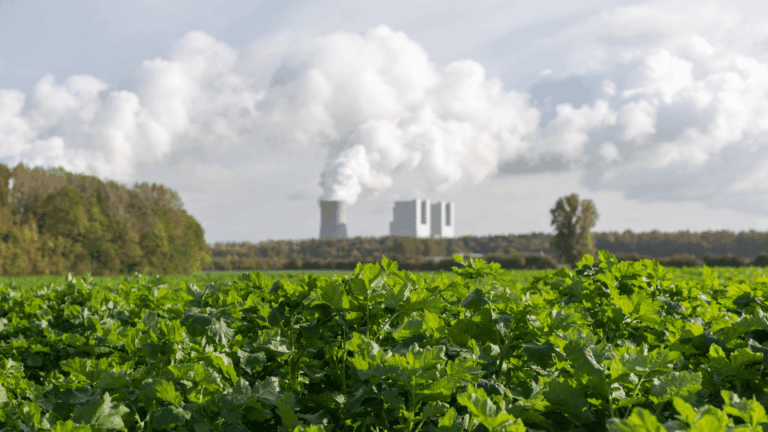Faced with urgent environmental issues, dwindling fossil fuel resources and changing regulations, the transition to a circular plastics economy is a strategic imperative. This model is based on a complete overhaul of the materials life cycle, from design to end of lifeintegrating routes waste recycling plastics ever more innovative. Today, solutions are emerging for processing complex fractions such as chips, plastic dust or small volumeslong considered non-recyclable.
The recyclability of plastics remains heterogeneous, but progress in chemical recyclingin optical sorting or developing compatibilizers are expanding the range of materials that can be recycled. At the same time, the boom in recycled raw materials (RRM) and the waste reincorporation in industrial processes opens up new prospects, despite persistent technical and economic obstacles. Finally, the emergence of bioplasticsWhether they are biosourced or biodegradable, they raise major environmental and industrial challenges.
Download your free copy now

What you'll discover in this structured and operational state-of-the-art :
This white paper, co-written with the Plastium Cluster of Excellenceoffers a comprehensive overview of existing and emerging solutions for accelerating the transition to a circular plastics economy, based on more than 80 recent publications (2020-2025). It will give you the keys to :
- Understanding systemic challenges of plastics circularity ;
- Identify innovations materials, processes and uses ;
- Explore the solutionsecodesign and the levers ofsustainable industrialization ;
- Anticipating european regulations for CSR and circular economy;
- Discover case studies and feedback ;
Integrating public funding available in your project strategy
Who is this white paper for?
This white paper is aimed at industrial players, project leaders and decision-makers committed to the sustainable transformation of their businesses. It will be of particular interest to R&D, Innovation and Environment departments, CSR managers, as well as teams in charge of production, purchasing, strategy or eco-design. Sectors most concerned includeagri-foodcosmetics, chemicals BTPlogistics, plastics processing and consumer goods.
Why is this white paper essential?
- Because it crosses scientific analysis, feedback from the field and strategic perspectives.
- Because it offers a clear reading of regulatory trends, of technological levers, and public funding available today.
- Because it helps you to structure a responsible innovation roadmapbased on circular economy principles.
Did you find this summary useful? Find out about our other studies on major industrial issues with impact.
The ideXlab open innovation platform is aimed at all innovative companies, whatever their sector or size, seeking to optimize their innovation and technological performance. In particular, it is aimed at R&D, innovation, technology watch and new product and service development and purchasing teams. Users may be engineers, scientists, innovation project managers, buyers of new technologies or strategic decision-makers.
Newsletter
Receive all our expert news by e-mail.
Subscribe to our newsletter.








